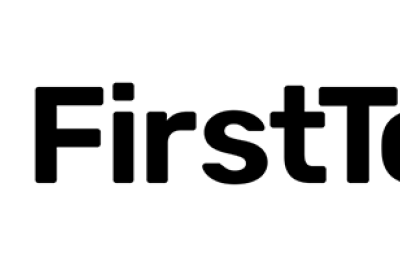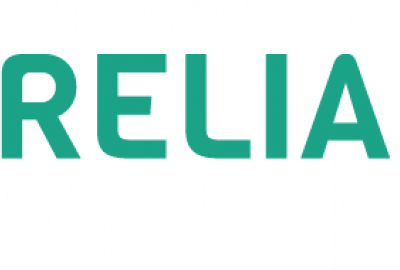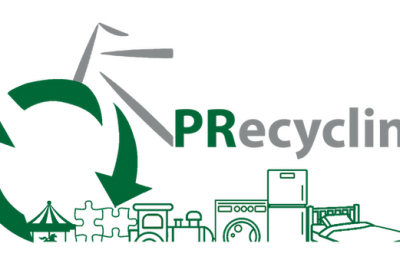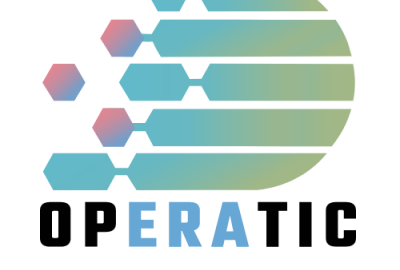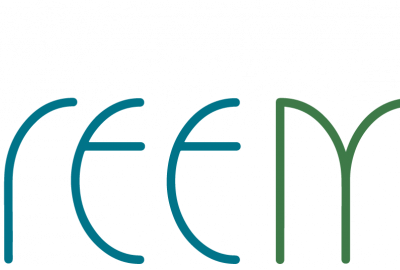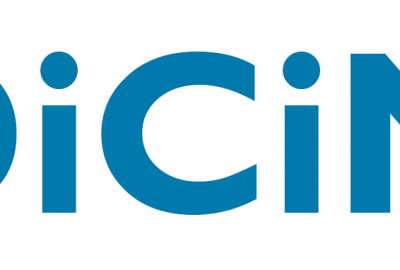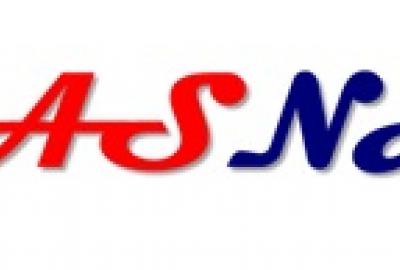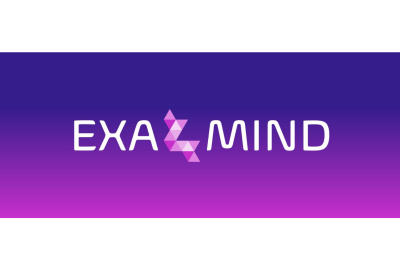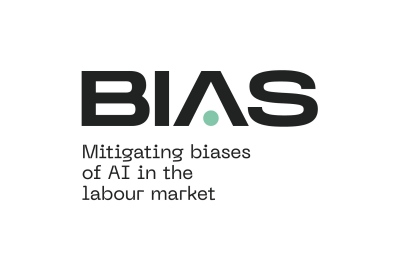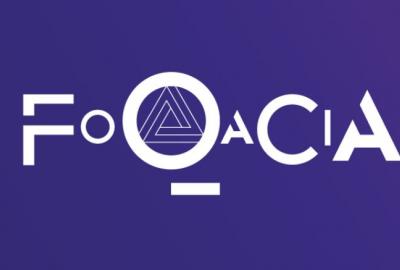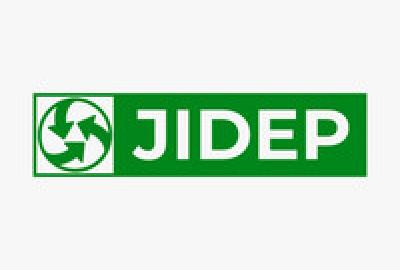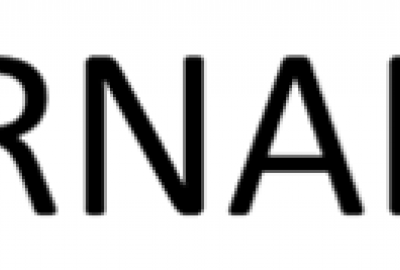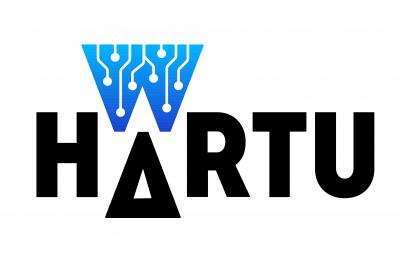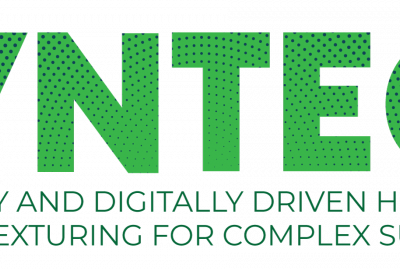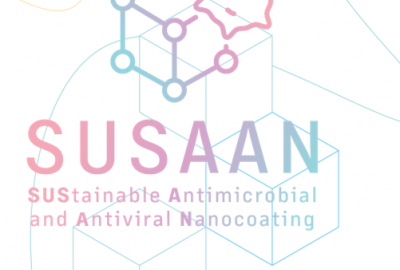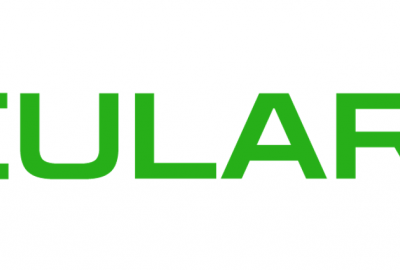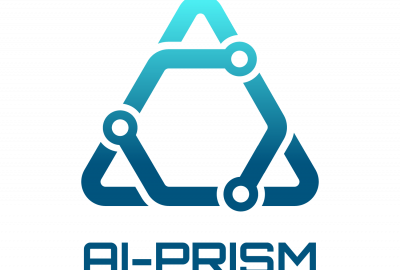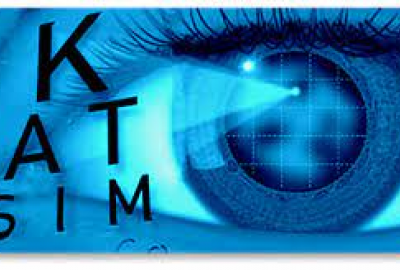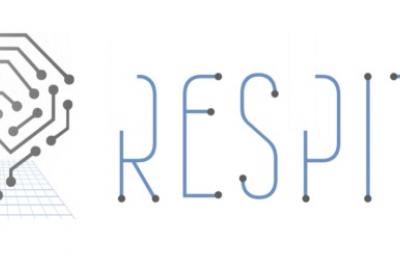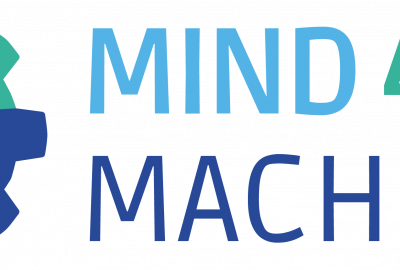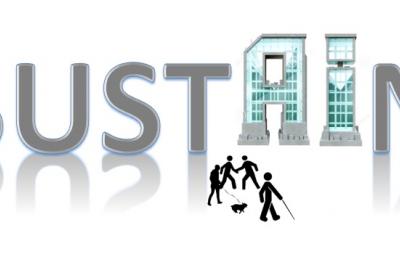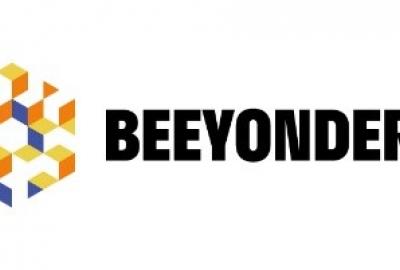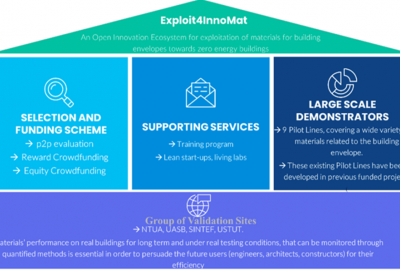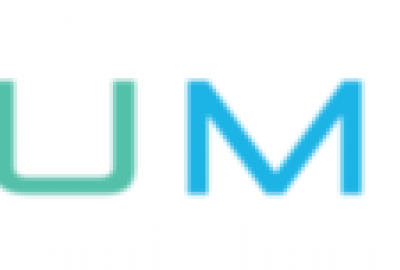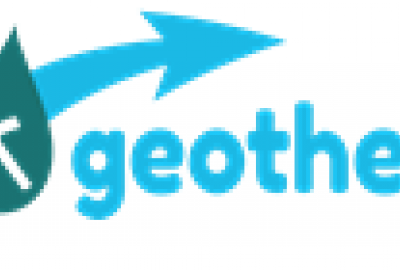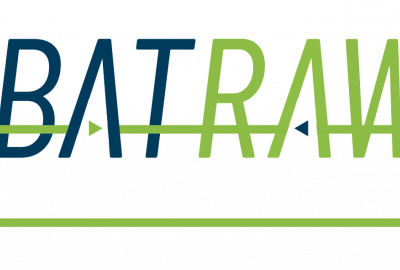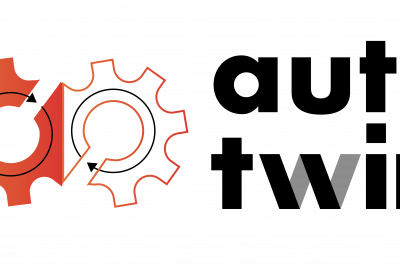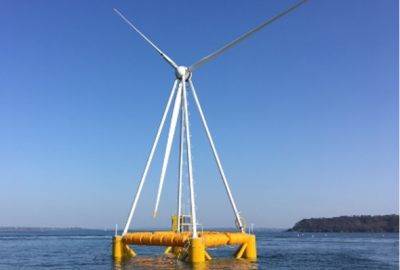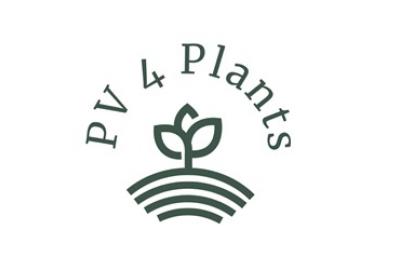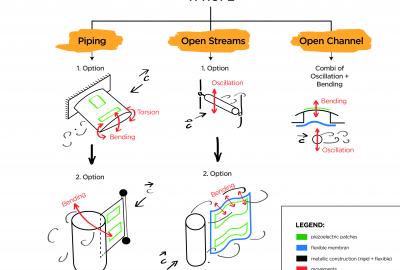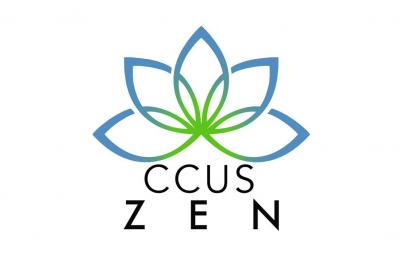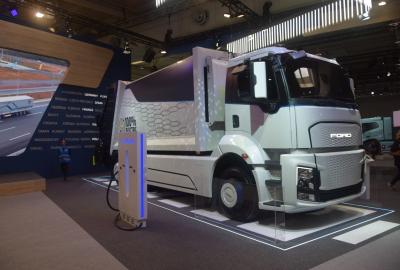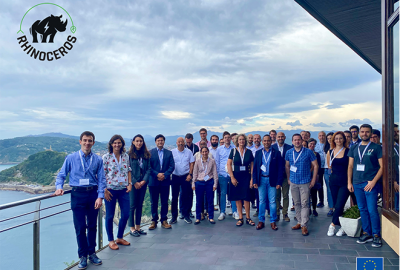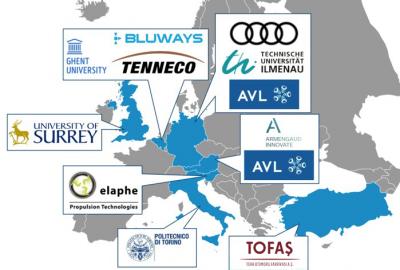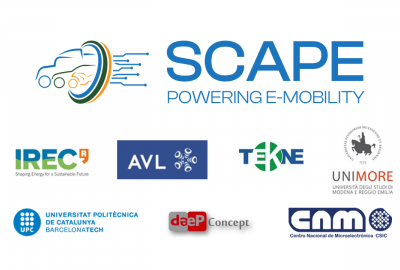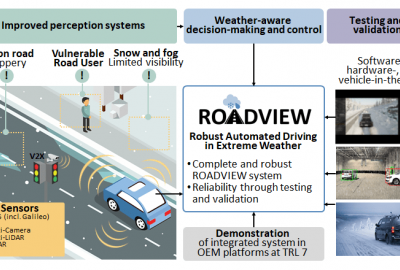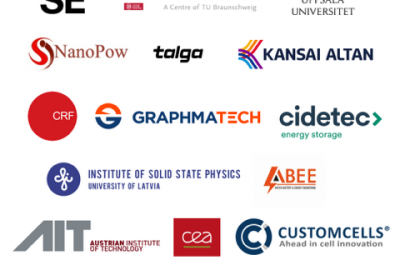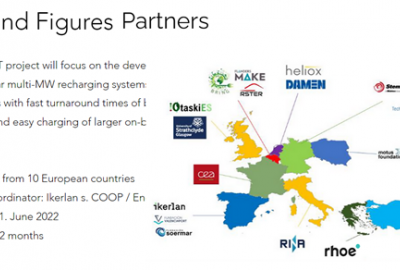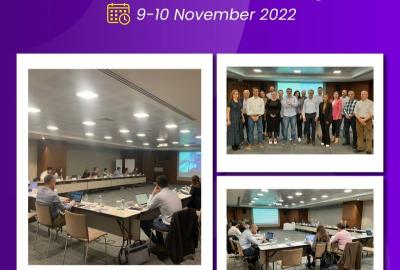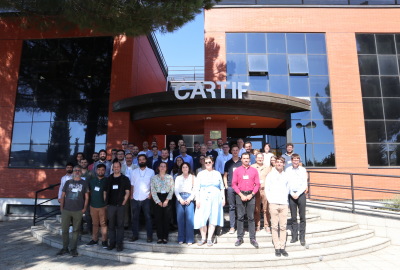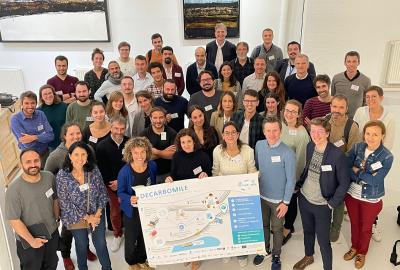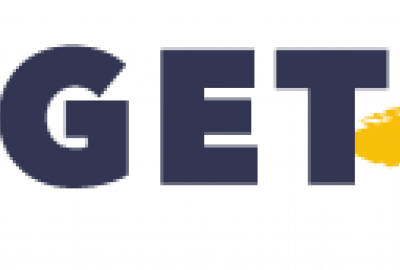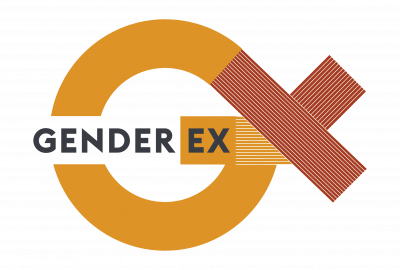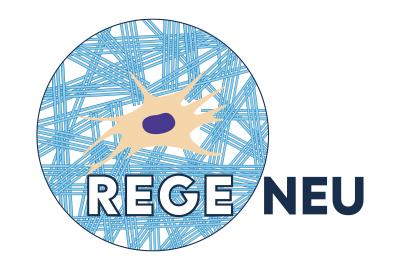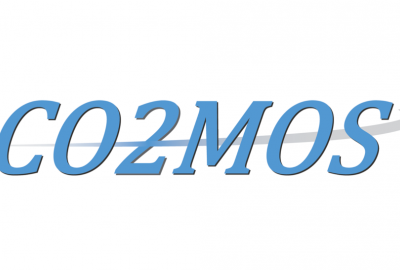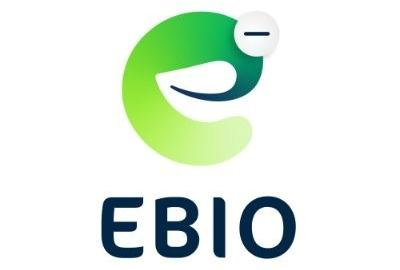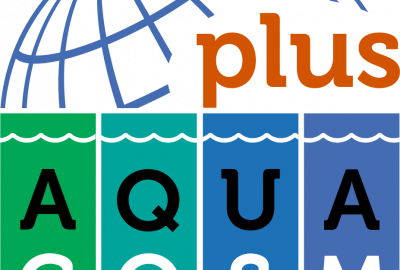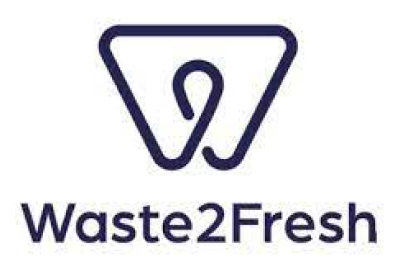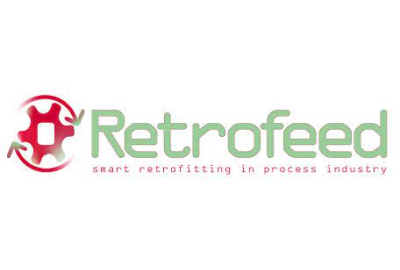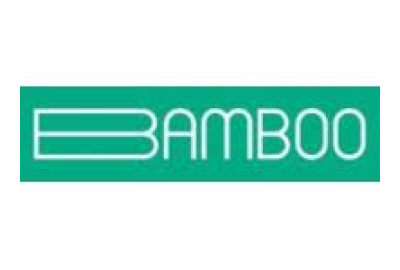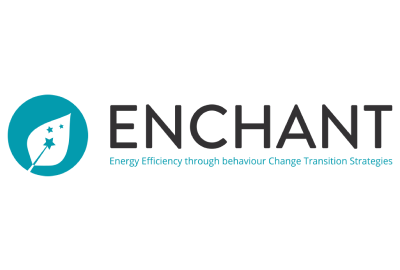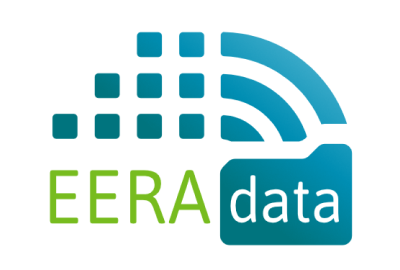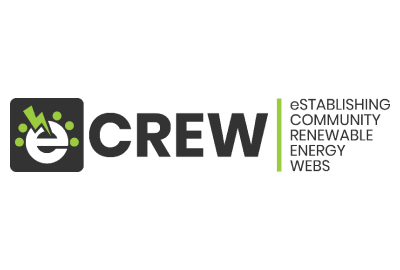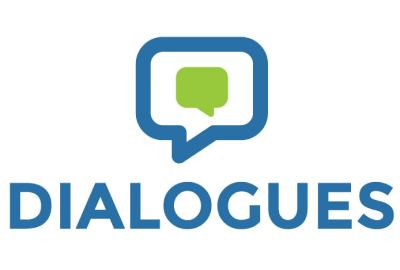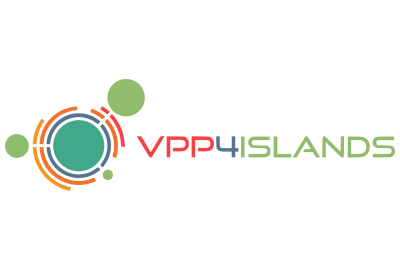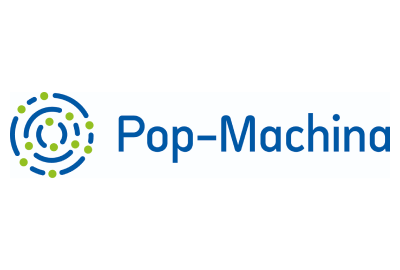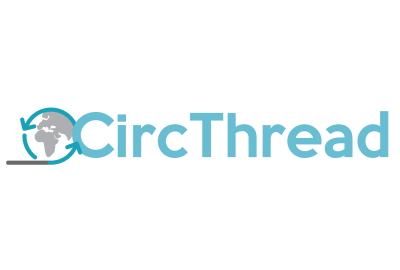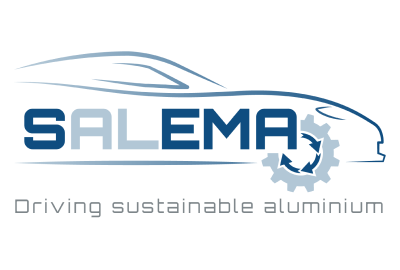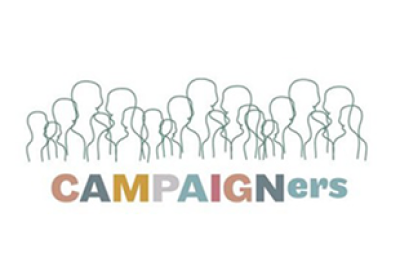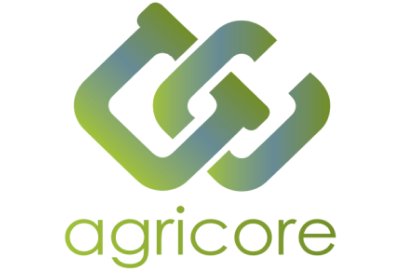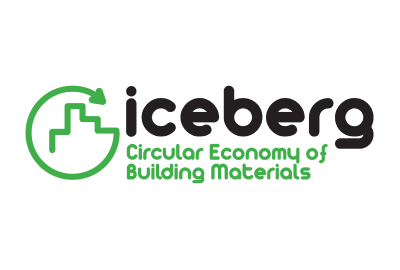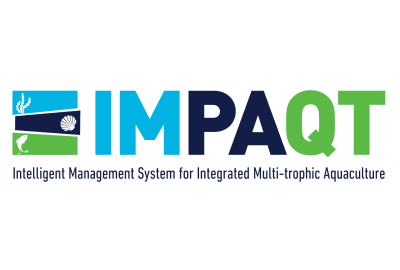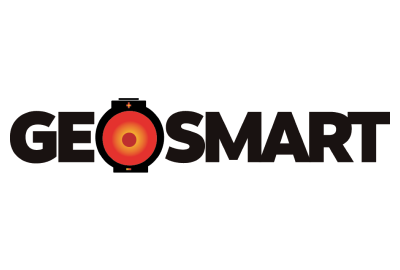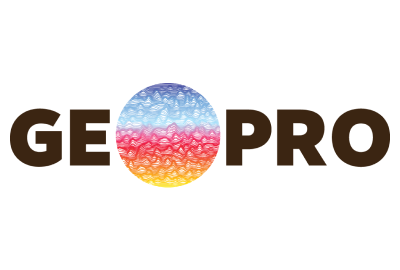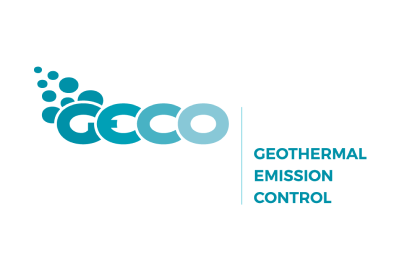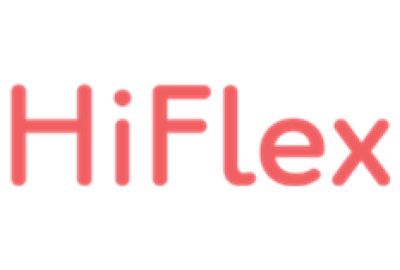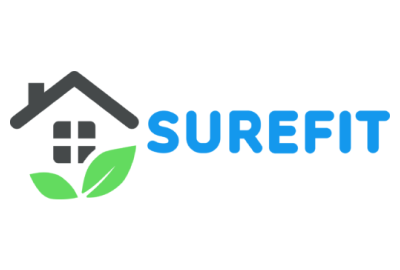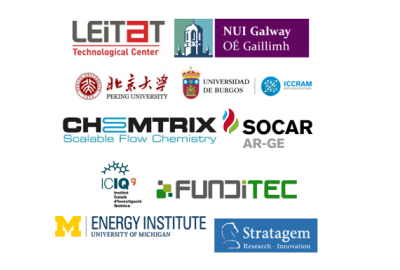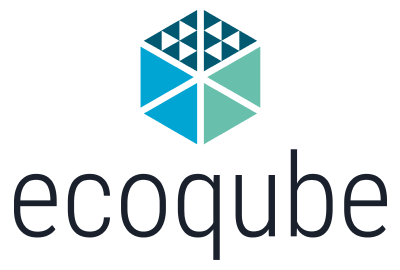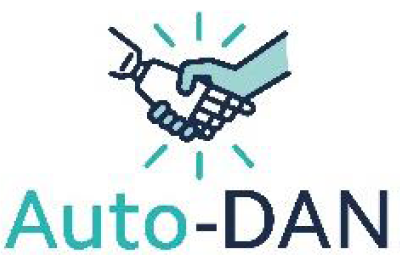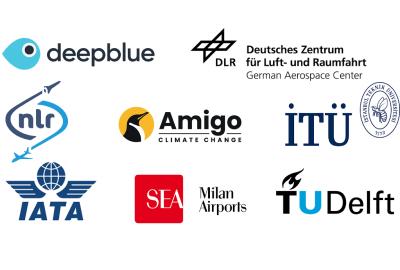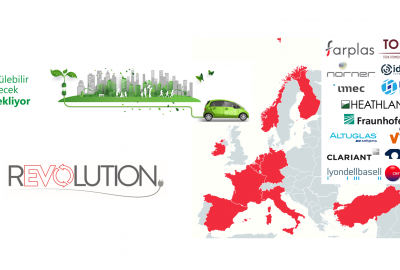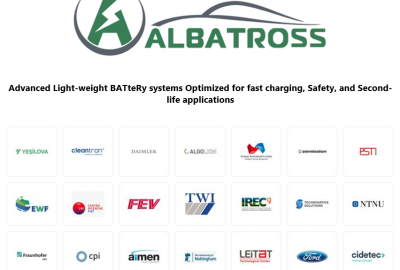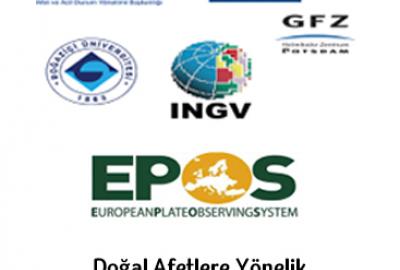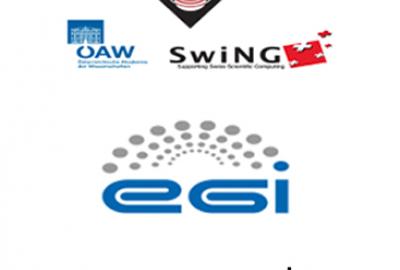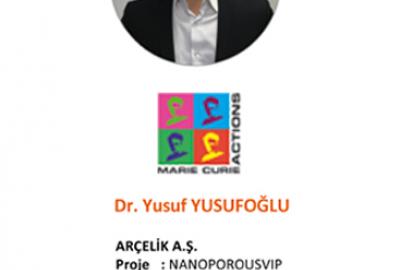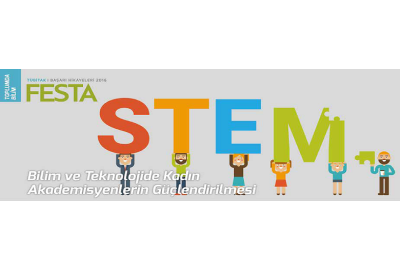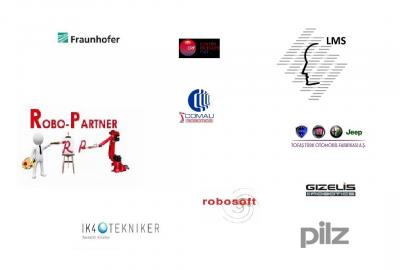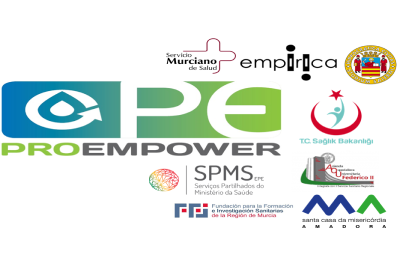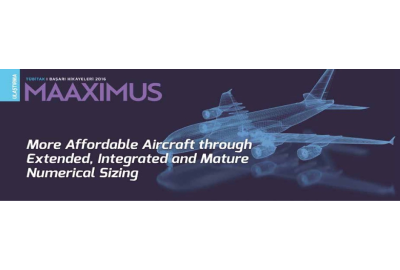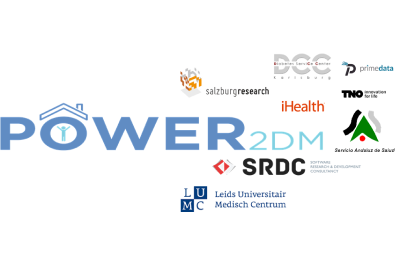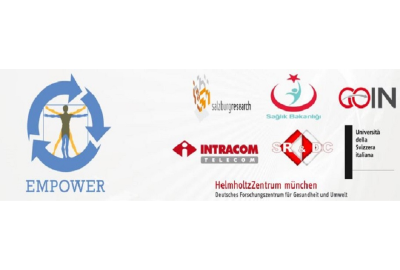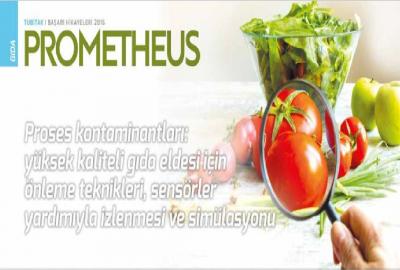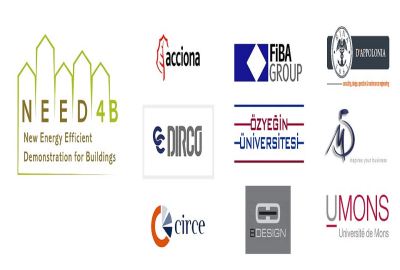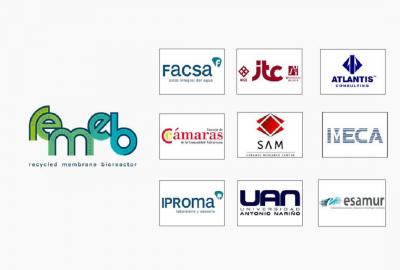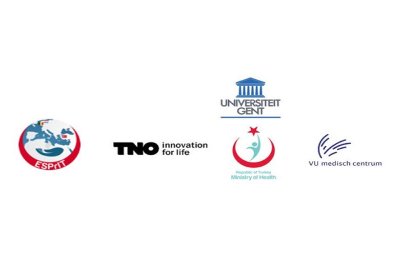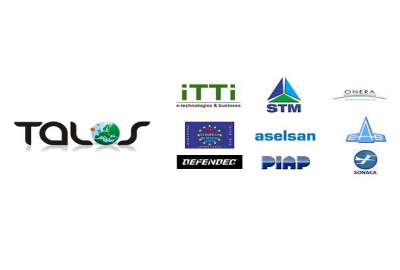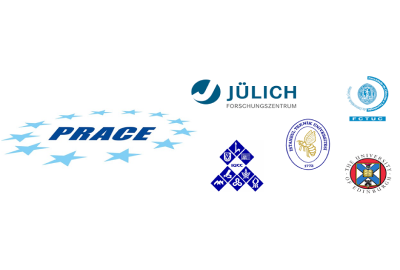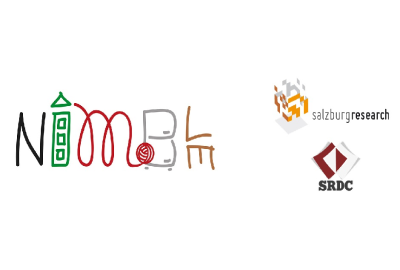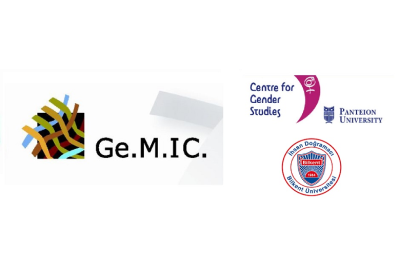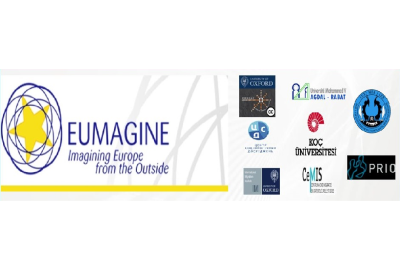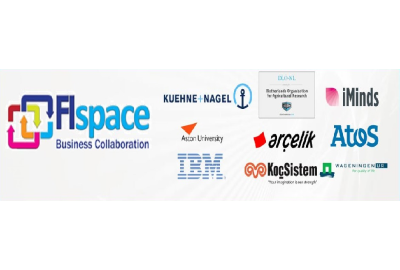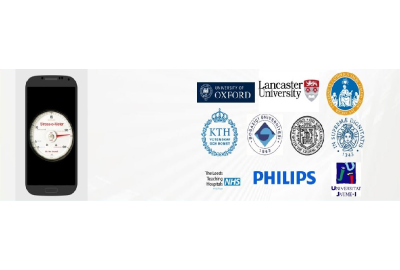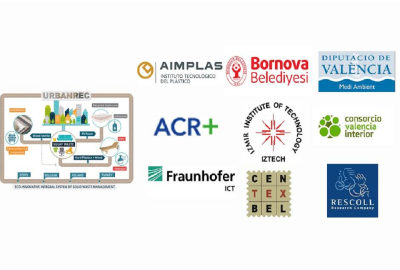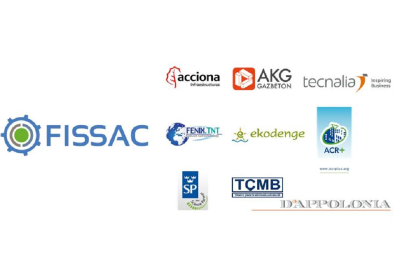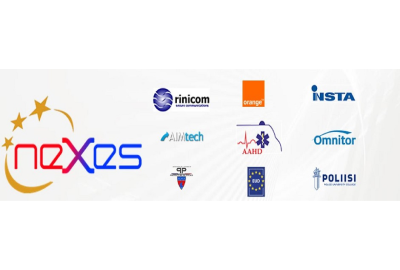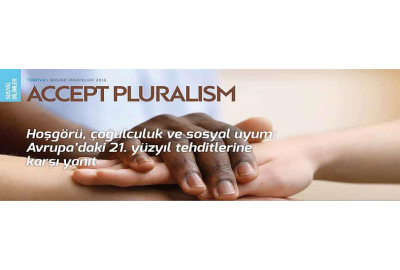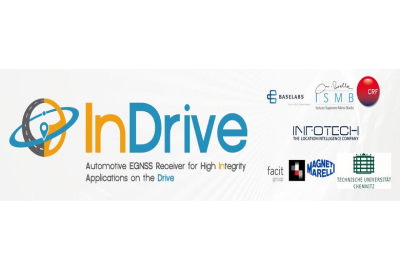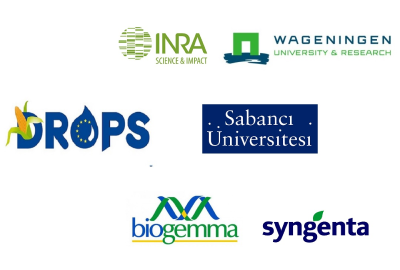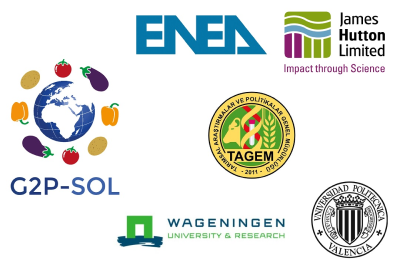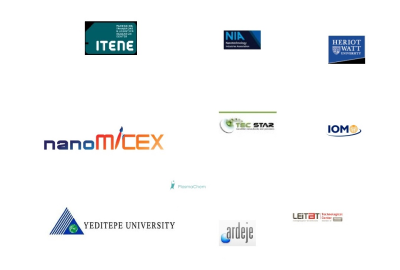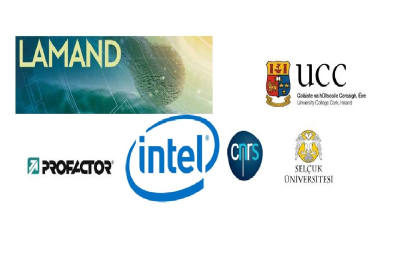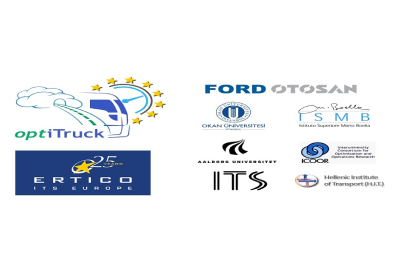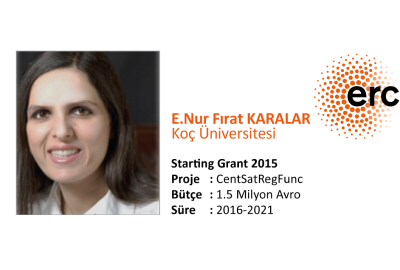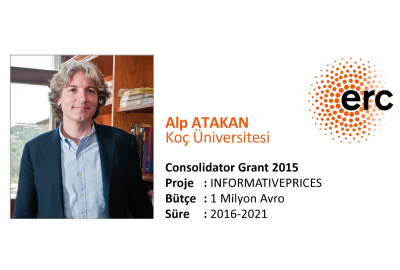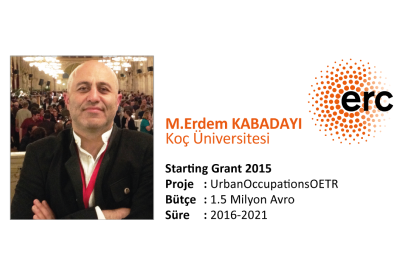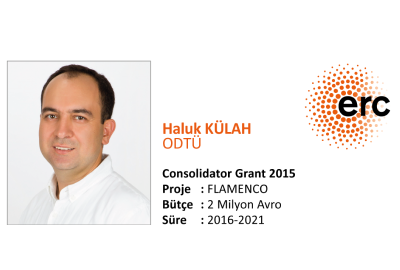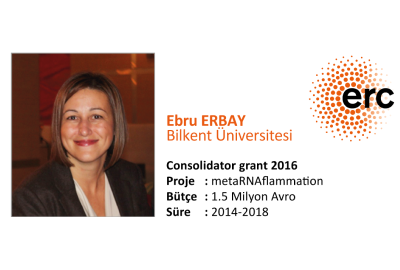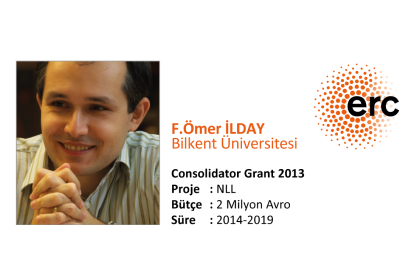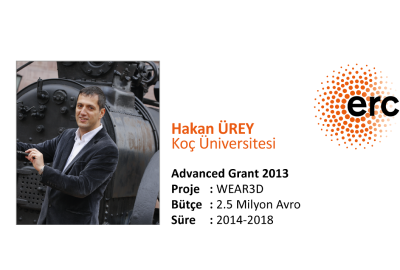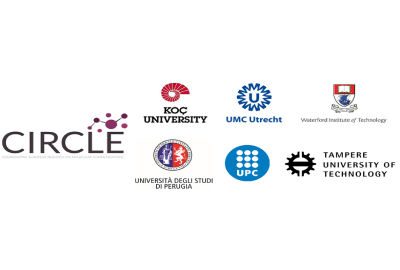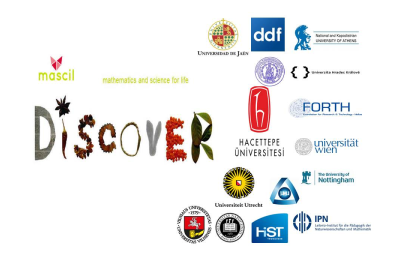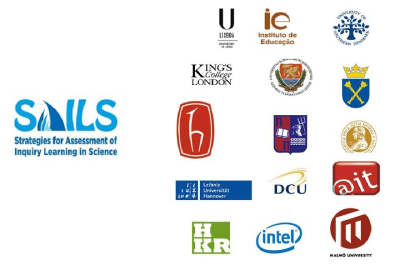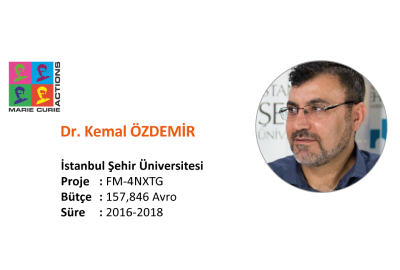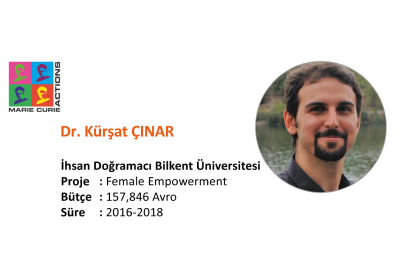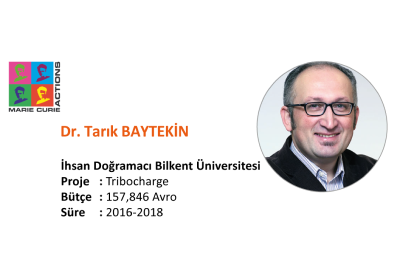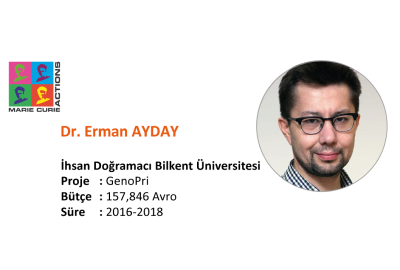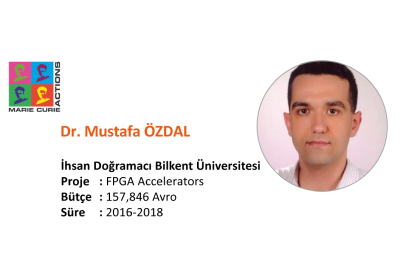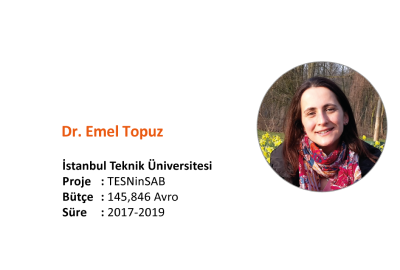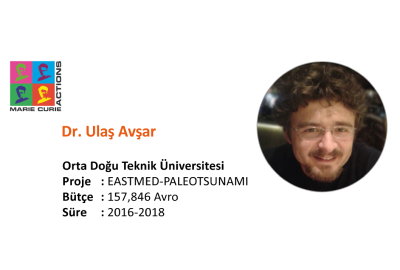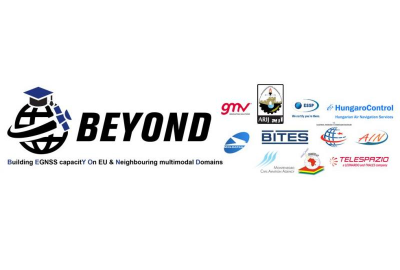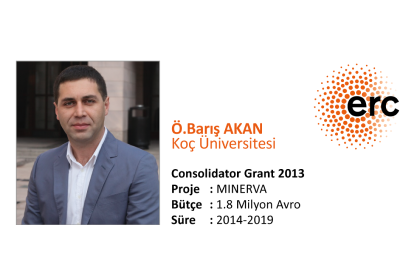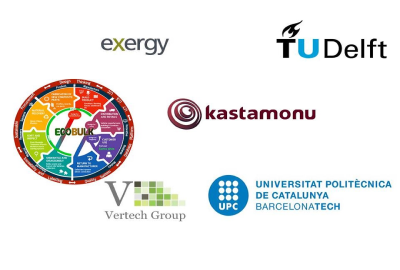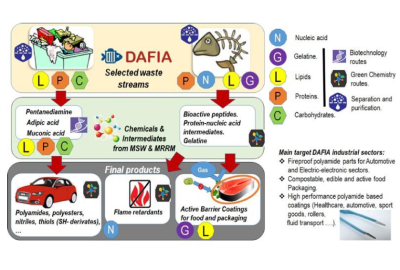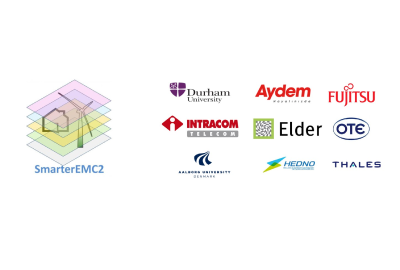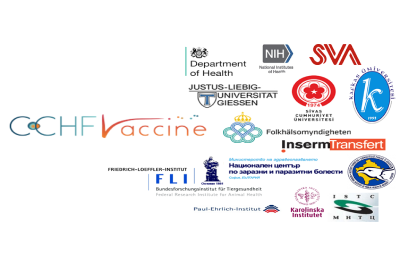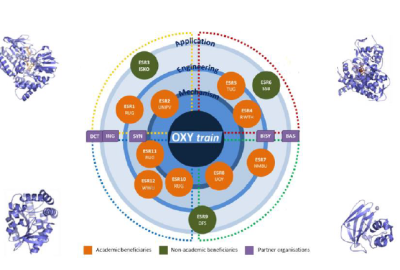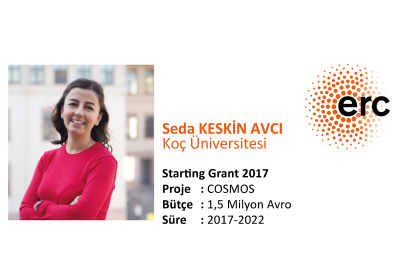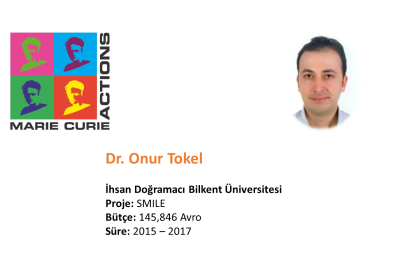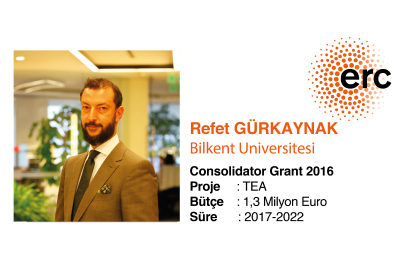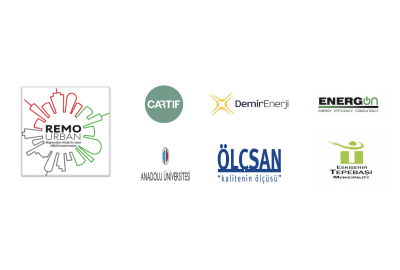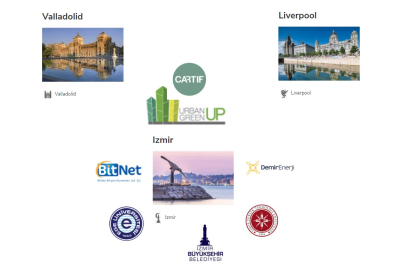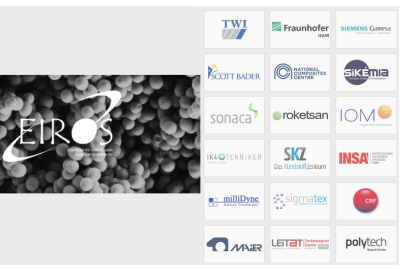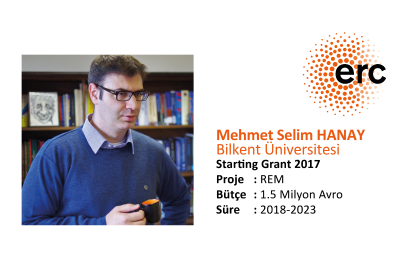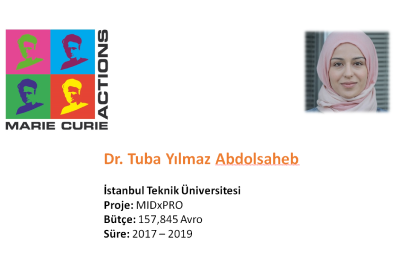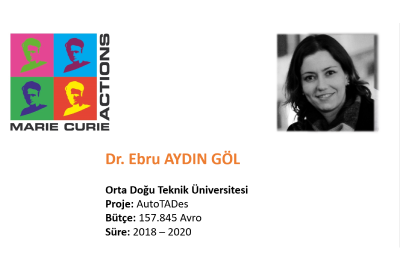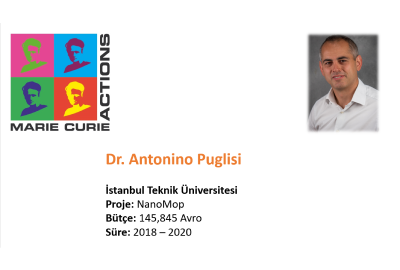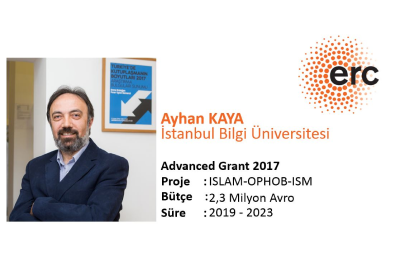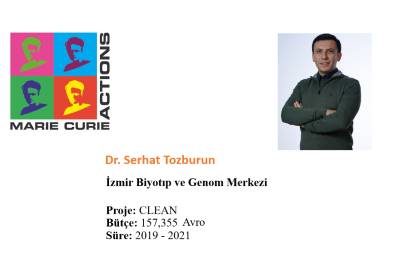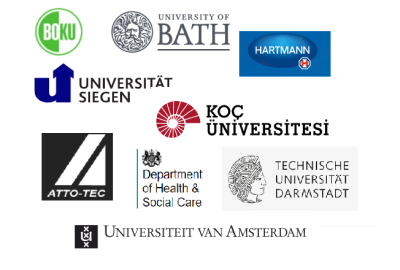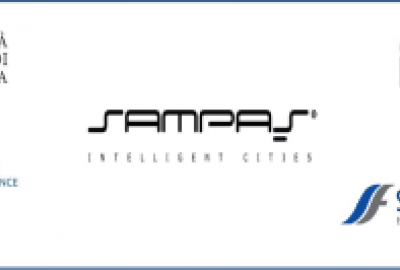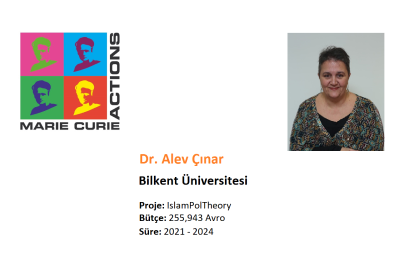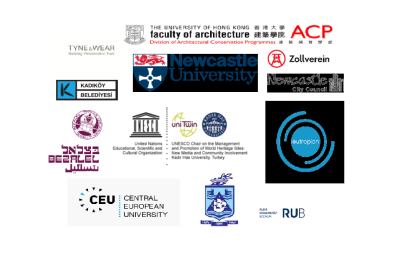Start and End Date
05 January 2021-30 April 2021
Coordinator
FUNDACIO EURECAT
Project Total Budget
10.711.758,67 €
Turkish Partners
ASAS ALUMINYUM SANAYI VE TICARET ANONIM SIRKETI
Supported Framework Program
Horizon 2020

Project Overview
The SALEMA Project focuses on producing applicable, reliable and cost-effective solutions to reduce external dependence on critical raw materials. SALEMA aims to synthesize high-performance aluminum alloys, which are required in electric vehicles, by using substitution elements instead of Critical Raw Materials. In addition, one of the main goals of the project is to realize the principles of circular economy, depending on the increase in the use of scrap aluminum in alloy production.
Scientific Outputs
- Developing an alternative alloy system instead of CRM
- Development of partially recyclable alloy
- Reducing the harmful effects of impurities in aluminum alloys
- Evaluation of performance of new alloy systems
- Modeling of transformation processes
- Creation of scrap control and classification technology
- Industrial validation of new alloys
Project Target Industry
Automotive
Global Importance
The EC and national public officials are well aware of the economic importance and supply risk of Critical Raw Materials and are promoting solutions which are feasible, reliable and cost-effective to reduce this dependence. SALEMA addresses this concern for the CRM-reliant high performance Aluminium grades required in electrical vehicles.
Projects Contributions of Economy and Innovation
The primary objective of SALEMA is to demonstrate a non-CRM dependent aluminium industrial ecosystem. This is to be accomplished by substituting primary CRMs with alternative and commonly available elements, and with resources embedded in domestic scrap. Involving all steps from alloy design, production and transformation to scrap disposal, SALEMA will demonstrate, by validating and implementing a circular economy model, the feasibility of the proposed solutions in one of Europe’s crucial economy sectors4: the automotive industry at large and the electric vehicle (EV) in particular.
Projects Contributions to Proffessional Skills
Thanks to the solutions developed with the SALEMA project, environmental-friendly
technologies based on the use of alternative raw materials will be disseminated in the aluminum industry within the scope of the green deal, and efficiency will be achieved through the use of technology at the global level in Turkey's aluminum industry. By disseminating the technology developed with the knowledge and experience gained in different areas of use, more environmental friendly and economical production will be achieved.
Projects Contributions to Human Resources Development
It is expected that the employees involved in the project will gain the ability to carry out projects in accordance with European Union standards and provide the technical know-how of the project, thanks to the collaborations, the technology to be developed within the scope of the project. It is foreseen that new employments may emerge after the use and dissemination of technology by developing green deal awareness in the validation step of the project outputs.
About other Partners
Project consortium involves 16 partners from 6 countries at Europe.
EURECAT: Increase knowledge in aluminium alloy development, high-performance HPDC and cold and hot stamping processes for the automotive sector, specifically the EV. Provision of specialized services and assessment for the adaptation of manufacturing plants based on SALEMA alloys and processes. Validation of Criticality Index for the determination of EU dependency on CRM imports. Laid the groundwork for delivering FEM simulations of SALEMA alloys and processes. Exploitation of the technology to recover CRMs and valuable elements from aluminium dross.
UNIPD: Use of SALEMA results to carry out specialized services on light alloys for their potentiality and follow-up projects. The project will also be instrument for the generation of new theses, masters and internships.
IMN: Reinforce IMN expertise in aluminium alloys and their transforming processes and more specifically aluminium extrusion. Furthermore, IMN will acquire the knowledge about the performance of the new developed alloys and be able to assess extruders in process implementation. Finally, the undertaken activities will create the opportunity for further research on the reduction of CRM and unification of the use of aluminium alloys in the automotive industry and the markets IMN is mostly implemented.

Critical raw materials, Substitution, Recycling, Alluminium Alloys, automotive sector, Electric Vehicles, EV, value-chain, circular economy, industrial exploitation
ULIEGE: Expand knowledge in aluminium recycling and sorting processes and further develop efficient and sustainable Al alloys using a higher percentage of scrap. In addition, as a result of the up scaling of the sorting technologies, ULIEGE will furtherly explore technology transfer, exploitation and other business opportunities in this field.
RHEIN: Increase portfolio of aluminium alloys with lower CRM content and improve carbon footprint offered to current and potential customers. Improve circular economy strategies for HPDC alloys: Standard AlSi10MnMg and recently developed alloys on the base of AlFe.
SLIM: Increase the amount of scrap used in the production of their aluminium alloys (5xxx and 6xxx series), reducing the cost of required raw material and its carbon footprint. Increase portfolio of aluminium alloys by provisioning lower CRM content alloys.
ASAS: Offer new products to OEMs (i.e. the extruded part of the demonstrator); will widen its
customer portfolio by offering Al alloys with lower content of CRM and higher content of recycled Al. Allow to contribute to sustainable ecosystem and the circular economy.
ENDUR: Offer new products to OEMs (i.e. the HPDC part of demonstrator); will widen its customer portfolio by offering Al alloys with lower content of CRM and higher content of recycled Al. Promote circular economy strategies and low carbon footprint technologies.
FAGOR: Offer to the market new lightweight structural parts for the BiW of the vehicle. Offer new products with lower CRM content and higher content of recycled Al. Reinforce its corporate identity as a promoter of circular economy in the automotive sector.
GESTAMP: Offer new products for the automotive industry with a lower CO2 footprint with the same or improved mechanical properties. Position the company as a world reference in hot stamping for the automotive industry contributing significantly to current and potential customers.
CRF: Introduce to FIAT Group vehicles: (1) the new front pillars (Figure 3 b) and (2) the cold-stamping BiW (Figure 3 c) with a high-weight reduction; similar or improved mechanical properties; improved LCC and LCA to current products; lower-CRM content; and higher content of recycled Al. Furthermore, adapt SALEMA solutions to other car parts in future developments.
COMET: Further develop its expertise in Al sorting and recycling, improve its sorting system to be able to generate various Al-alloys families rather than Al mix. Establish links with Al development industry in order to anticipate the nature of the new alloys which will have to be recycled in the future. Continue to strengthen its positioning as provider of solutions for the recycling of end of life products in the sector of e-mobility.
FORD: Adapt SALEMA solutions to other car parts in future developments for body as well chassis applications, electrified as well as conventional powertrain vehicles. This is not limited to HPDC, permanent mould components are also possible. (subframe, knuckles, brake disc).
